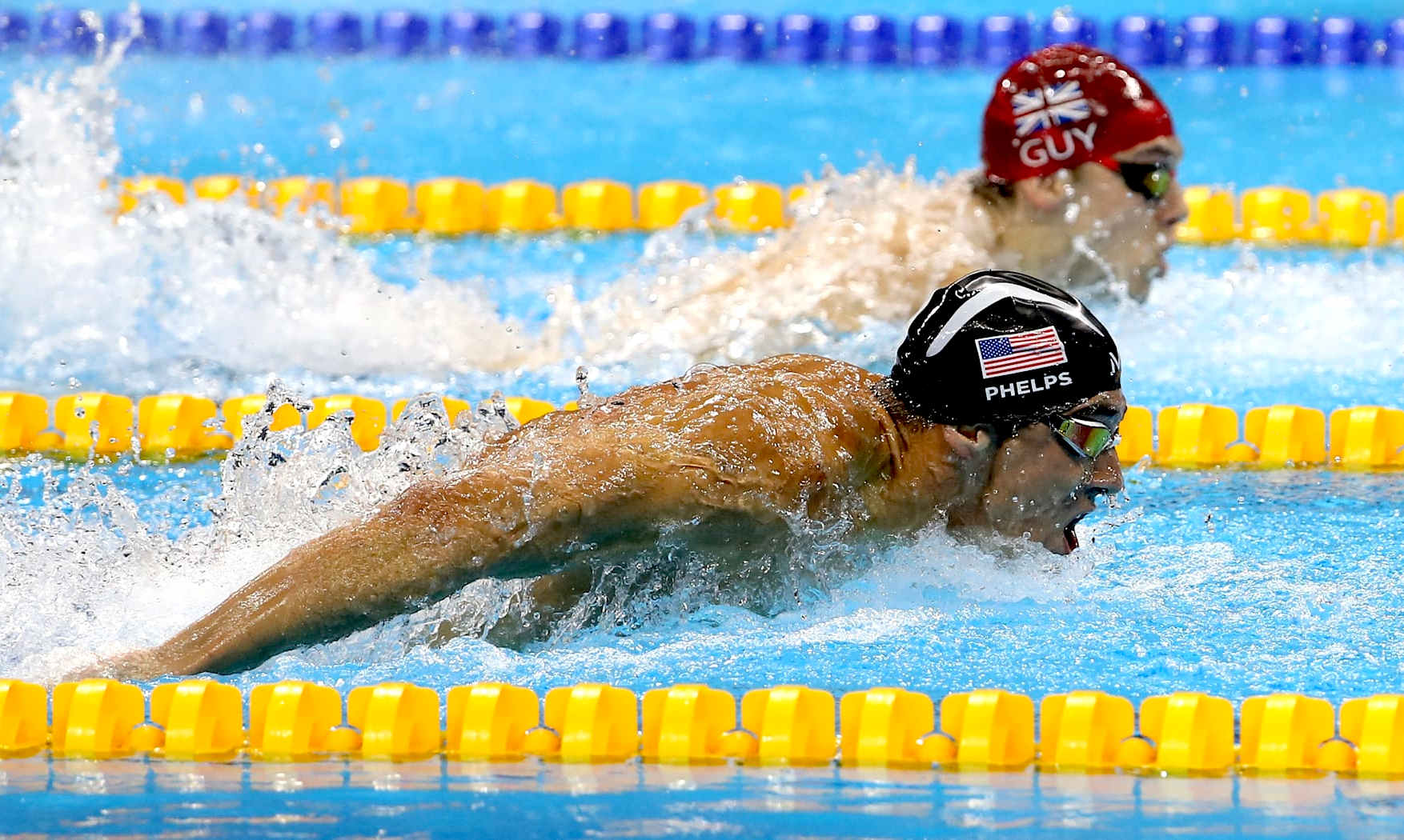
Swimming
is good exercise, giving the muscles in your body a different kind of
workout. Swimming in various categories is also an Olympic
sport.
It is believed that swimming as a practice dates back as early as 2500 BC.
The Ancient Egyptians were said to swim in the
River
Nile for pleasure, while the Greeks and Romans used it as a means of training prospective soldiers.
Swimming started its sporting journey in the mid-19th century, when the world’s first swimming organisation was formed in London in 1837.
Inevitably, things soon became competitive and, in 1846, the first swimming championship was held in Australia. The race became an annual event, and it was an early indicator for the future success of competitive swimming.
Swimming has been part of the Olympic schedule since the very first modern Olympic Games in 1896. It’s one of only four disciplines to have been retained, appearing in every summer Olympics since – the others being athletics, artistic gymnastics and fencing.
In the early years, Olympic swimming events were male-only. Women’s events were introduced at the 1912 Games in Stockholm – although women initially only competed in two events, the 100m freestyle and 4×100m freestyle relay.
Experimental beginnings brought some rather unique events to those early Games. At the inaugural modern Olympics in Athens, swimming events included the 100m freestyle for sailors, which only members of the Greek navy could compete in.
Until the London 1908 Games, Olympic swimming events took place in open water. This left the swimmers at the mercy of the elements, contending with the weather and waves.
After being exposed to temperatures of 13°C in the Mediterranean (a modern Olympic pool is around 25-28°C) during the 1,200m freestyle race – in which he won gold – Alfréd Hajós said: “My will to live completely overcame my desire to win”, illustrating the precarious nature of the early swimming events.
Showing just how varied the Games have been throughout history, Hajós would later compete at the 1924 Paris Olympics in the art competition, when he and fellow countryman Dezső Lauber won silver in the sporting architecture category.
QUOTES:
..
PREPARING
FOR YOUR CHOSEN WATER SPORT
Most water sporting enthusiasts don’t need an intensive exercise regime to
enjoy their chosen sport, which tends to keep you fit and active
stand-alone. That said, strength and endurance can be really beneficial when you’re spending
a lot of time on, or in the water - and give you the endurance edge over other teams in, for example, competitions, when you will need a far higher level of power and endurance.
Especially swimmers and rowers.
The type of water sport you love will impact the type of training you need. It is specific to your
expectations. For example, leisure canoeing and scuba divers may not need to be ocean athletes. But it pays to keep your body in good condition, to be able to meet
any challenges rivers
and seas can throw at
you, and keep your mind alert to changing conditions, when the
opportunity to build up stamina during sporting activities is limited,
those exertions rather draining reserves.
Diet is important, to help you stay in shape, and to build up your stamina before embarking on your
water based adventures. Water being one of the most important
ingredients for life
on planet earth.
Exercise and diet is thus interlinked, especially for those who are climate
conscious, perhaps contemplating a pescatarian,
vegetarian, or most demanding of all, a
vegan diet while afloat.
When you can’t get out or in the water, try to work on your fitness at home instead. It is hard to stay in shape during
off-seasons, with high calorie meals during winter celebrations, that pile on the pounds. Making it all the more difficult to stay fighting fit when it’s time to get back
to your water sport.

YOUTH
OCEAN AMBASSADOR - Ryan is the youngest member of the Elizabeth Swann
team. He is coached in fitness matters by Terry, a seasoned vegan, having
weaned himself off meats over a year ago. Ryan has been attending
exhibitions and events for many
years. Often helping to man the stands at events where (for example) the
SeaVax
proof of concept vessel was on
display.
WATER
SPORTS A - Z
Canoeing
Diving (high)
Kite Surfing
Kayaking
Octopush
Olympics Games
Rowing
Scuba Diving
Surfing
Swimming
Water Polo
Water Skiing
Whitewater Rafting
Yachting
The
stronger you become both
mentally and physically, the better you will become at coping with the stresses associated with competition, if that is your aim. You need to be sharp, prepared and capable in order to win competitions.
Especially when competing in the Olympic Games.
If you want to improve your general fitness, you don't need to be quite so disciplined and focused. But, it pays to make the effort when you can.
So think about your health, diet and exercise, for which you will see
results, and being healthier, is one way of remaining youthful and
living longer.
If it was easy, then everyone would be doing it.

